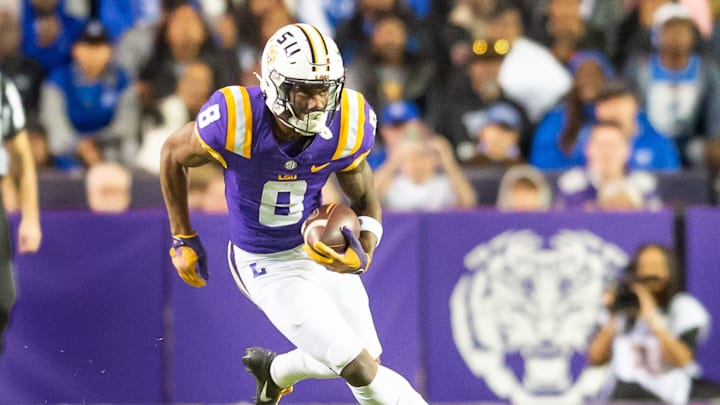As the anticipation builds for the release of EA Sports College Football 25, new details have emerged about the game's approach to stadium atmosphere and home-field advantage.
According to reports from YouTuber Not The Expert, who had early access to the game, EA Sports has identified the three toughest places to play in college football: LSU's Tiger Stadium, Penn State's Beaver Stadium, and Georgia's Sanford Stadium.
This ranking comes as part of a revived feature in the game called "stadium pulse", which hasn't been seen since NCAA Football 2006. The stadium pulse meter is designed to measure crowd noise and its impact on opposing teams' offenses, adding a new layer of realism to the gaming experience.
Each college football environment is reflected in EA CFB 25, differentiated using audio and in-game modifiers.
— Front Office Sports (@FOS) May 31, 2024
EA is also bringing back the 'Stadium Pulse' meter. pic.twitter.com/quCYSFEEW0
The implementation of this feature could significantly affect gameplay, particularly for players trying to manage their offense in these challenging environments.
EA Sports has released gameplay footage showcasing the difficulties of playing at LSU during a night game, complete with blurred passing icons before the snap and camera shakiness, simulating the intense crowd impact.
While only a select few stadiums are expected to have a high "stadium pulse" rating, other venues speculated to be included in this elite group are Tennessee's Neyland Stadium, Michigan Stadium, Texas A&M's Kyle Field, Oregon's Autzen Stadium, Virginia Tech's Lane Stadium, and Auburn's Jordan-Hare. However, these additions have not been officially confirmed.
This feature adds an exciting dimension to the game, reflecting the real-world challenges teams face when playing in hostile environments. It also reignites the ongoing debate about the most intimidating venues in college football, a topic that has been particularly hot this offseason.
A big focus for College Football 25 was making different stadiums and atmospheres truly feel different from one another. Huge difference going into Happy Valley at night vs playing Sam Houston at 1pm
— Big Game Bengal (@BengalYouTube) May 31, 2024
The stadium pulse is back and will show the ranking of the current environment pic.twitter.com/VPyDp8KPSC
As fans eagerly await the game's release, this new information provides a glimpse into how EA Sports is striving to capture the unique atmosphere and intensity of college football. The inclusion of the stadium pulse feature promises to deliver a more immersive and authentic experience, allowing players to feel the pressure of performing in some of the sport's most iconic and intimidating venues.
